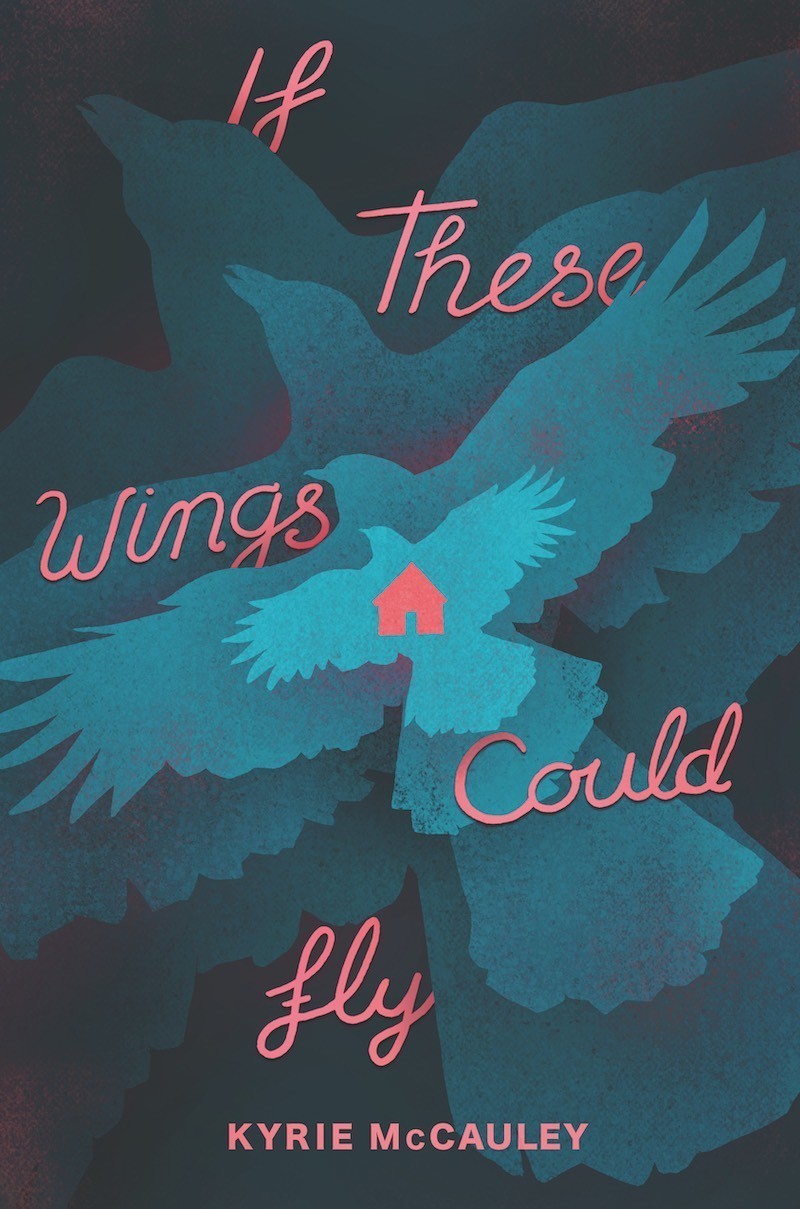Chapter 51
byChapter 51 of If These Wings Could Fly opens with Leighton returning home to find her family gathered in the living room, where her father, burdened by guilt and stress, begins to apologize for his recent outburst. He attributes his actions to the overwhelming pressure of his failing business and his desire to protect his daughters from the harsh realities of his struggles. While his words are filled with remorse, the tension in the room is thick, as his apology doesn’t seem to fully address the root of the problem. Leighton and her family are left to grapple with the lingering unease, unsure if the apology is genuine or simply a product of his guilt. The scene sets the tone for a family that is navigating the complexities of love, guilt, and the weight of unresolved issues. The protagonist’s emotions are mixed as she listens to her father, unsure of how to reconcile his remorse with the damage caused by his behavior.
As the conversation progresses, Leighton’s mother tries to offer support, suggesting that keeping the house in order might relieve her husband’s stress. This suggestion implies that the family’s actions, particularly their behavior within the household, might have contributed to his outbursts. However, this reasoning frustrates both Leighton and her sister, Campbell, as they realize that this focus on the house and their behavior fails to address the deeper issues at play. The notion that they are responsible for their father’s emotional state only adds to their frustration, as they recognize that the problem lies not in their actions, but in their father’s inability to manage his stress and emotions. This dynamic highlights the emotional burden that each family member carries, as they attempt to navigate the complicated terrain of love, responsibility, and blame. The tension grows as the family members silently acknowledge that their home is a place of conflict rather than sanctuary.
Later, the family conversation shifts as their father proposes adding more enjoyable activities to their family routine in an attempt to create positive memories despite their financial struggles. He pleads with Leighton to be a part of this plan, hoping to rebuild some semblance of family harmony. Leighton, however, remains conflicted, agreeing to participate but unsure of her father’s sincerity. She is torn between her desire to believe that he is truly trying to change and the nagging feeling that his actions might not match his words. As she contemplates this, the internal conflict intensifies, as she struggles to determine whether his efforts to bring the family together are motivated by genuine concern or simply an attempt to ease his guilt. Leighton’s emotional complexity becomes evident, as she grapples with both her longing for a healthier family dynamic and her doubts about her father’s intentions.
The chapter takes a poignant turn as Leighton and her mother seek solace on the front stoop, observing the birds that have gathered in the tree. This moment of peace contrasts sharply with the turmoil in their home, symbolizing the division between the chaos they live in and the calm that nature offers. While her mother insists that her father is not a monster, but simply a flawed person struggling with his demons, Leighton struggles to accept this view. She feels conflicted, as her father’s actions, particularly his behavior and his humiliation, are too painful to overlook. The discussion highlights the emotional complexity of their situation, as Leighton finds it difficult to reconcile the love she feels for her father with the destructive impact of his behavior on the family. Her mother’s attempt to justify his actions adds to the tension, as it suggests that love might not always be enough to overcome the harm caused by unresolved emotional issues.
As Leighton reflects on the broader dynamics of her family, she becomes more acutely aware of the fragility of their relationships. Even though love binds them together, the weight of unresolved conflicts and emotional baggage threatens to tear them apart. The tension surrounding their father’s recent actions, including staying with Officer DiMarco, further complicates matters. Leighton views this with disdain, as it feels like another betrayal in a series of painful moments. As she contemplates the issues within her family, she is struck by the realization that their bonds are not as strong as they once seemed. The chapter closes with a moment of solidarity between Leighton and her mother, as they sit together, holding hands. This quiet gesture symbolizes a small but significant attempt to find comfort amidst the chaos, offering a glimpse of hope for the possibility of healing within their family. The complexity of their relationships is evident, as they navigate the difficult terrain of love, guilt, and the struggle to rebuild trust.

